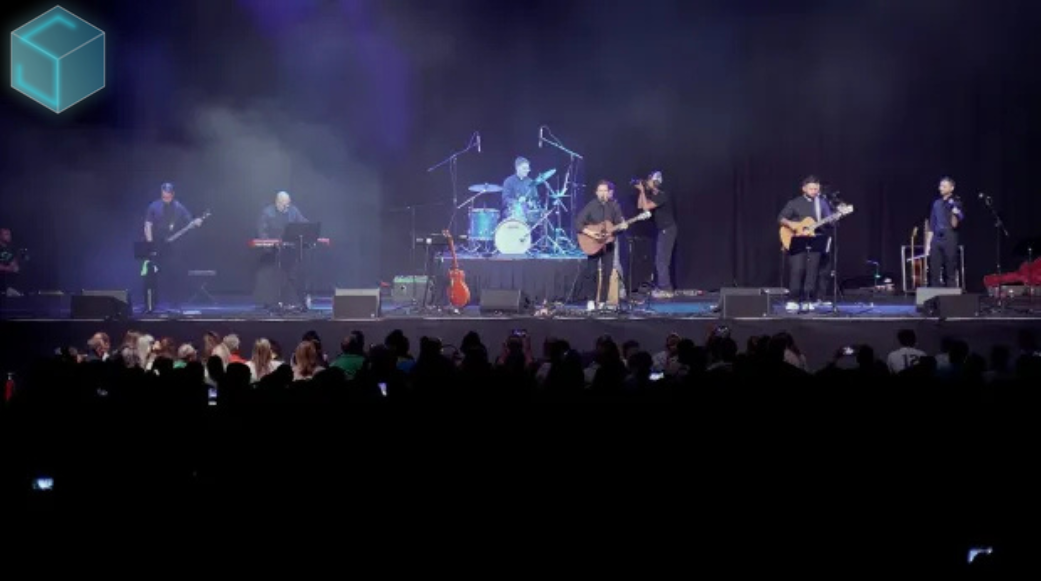
August 20, 2025
Imagine six Catholic priests performing at a sold-out Houston show instead of a well-known pop star. Their band's performance combined messages of prayer, celibacy, and faith with elements of rock...
Read more.png)
August 20, 2025
Nostalgia, Mother Mother’s latest album, is one of those rare creations. It invites us into a world where lightness isn’t escapism—it’s a form of resistance, a beacon of hope, and a path forward....
Read more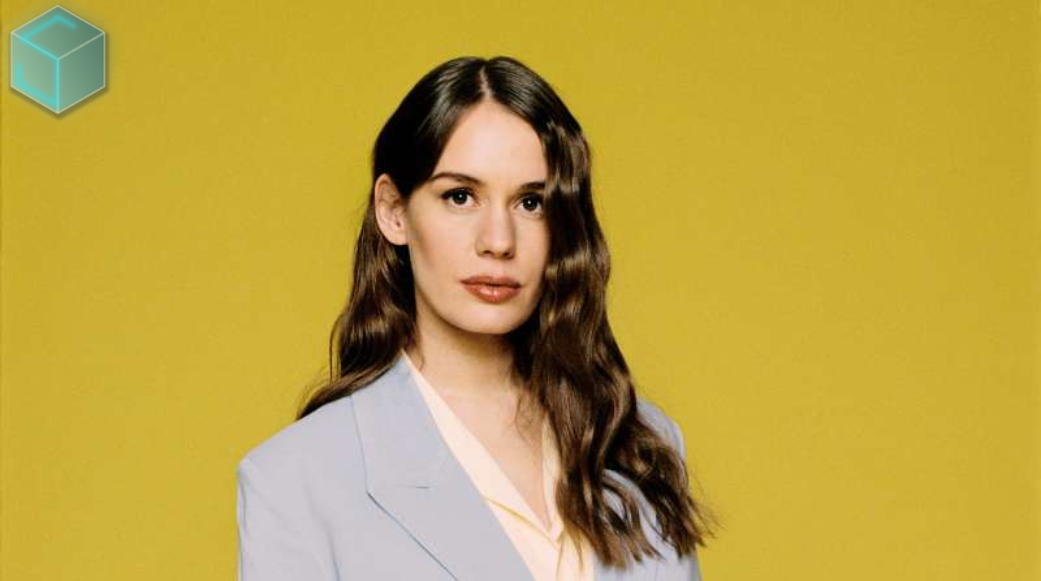
August 19, 2025
When Anna of the North released “Lovers” in 2017, it was already a dreamy synth-pop gem, filled with wistful vocals and lush production that captured the ache of young romance. But it wasn’t until...
Read more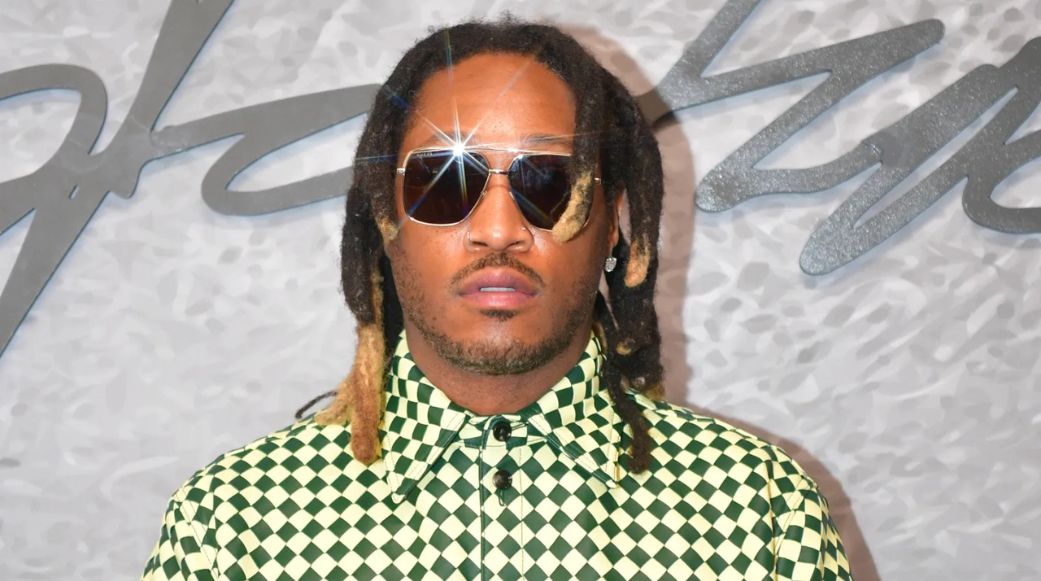
August 19, 2025
“Let Me Know” ft. Future started out as a moody, late-night playlist type of track, the kind you blast in your car pretending you’re in a music video while stuck in traffic. But now? It’s become...
Read more
August 19, 2025
“Your Idol” stands out in Kpop Demon Hunters not just as a catchy track, but as one of the most self-aware songs in the whole project. At first listen, it has all the hallmarks of a classic K-pop...
Read more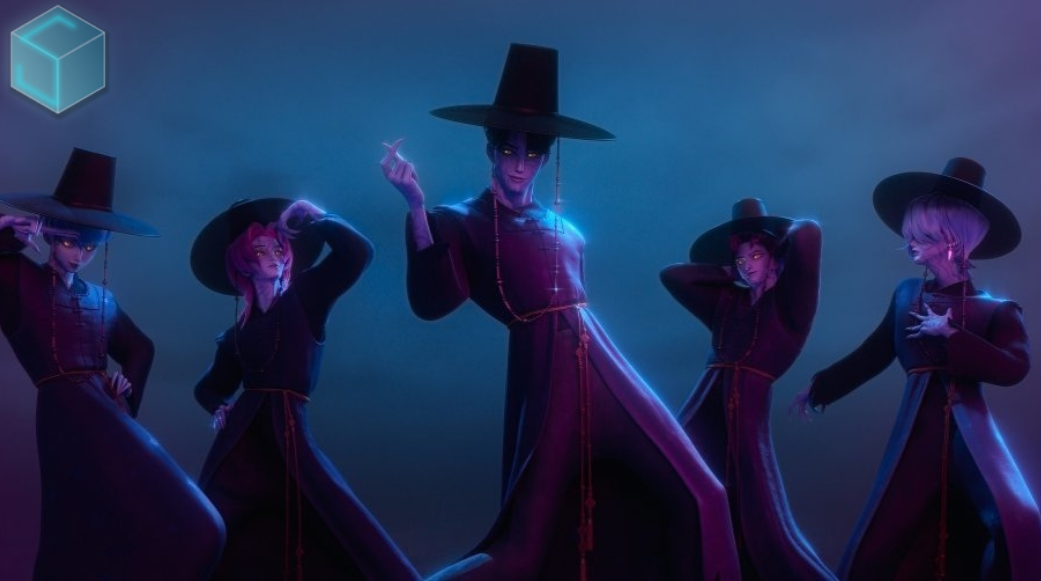
August 19, 2025
If you’ve scrolled TikTok, Insta, or literally any corner of the internet in the past few weeks, you’ve probably heard it: the fizzy, feel-good bop known as “Soda Pop” by the Saja Boys. Straight...
Read more
August 19, 2025
Skai Is Yourgod didn’t just drop a song, he dropped a cultural grenade. His track “Stacks From All Sides” has taken TikTok by storm, and the secret sauce? A cheeky little sample from Beetle on...
Read more
August 19, 2025
After 70 weeks at No. 1 with “Too Sweet,” Hozier’s reign on Billboard’s Hot Rock Songs chart comes to an end as newcomer Sombr takes over with...
Read more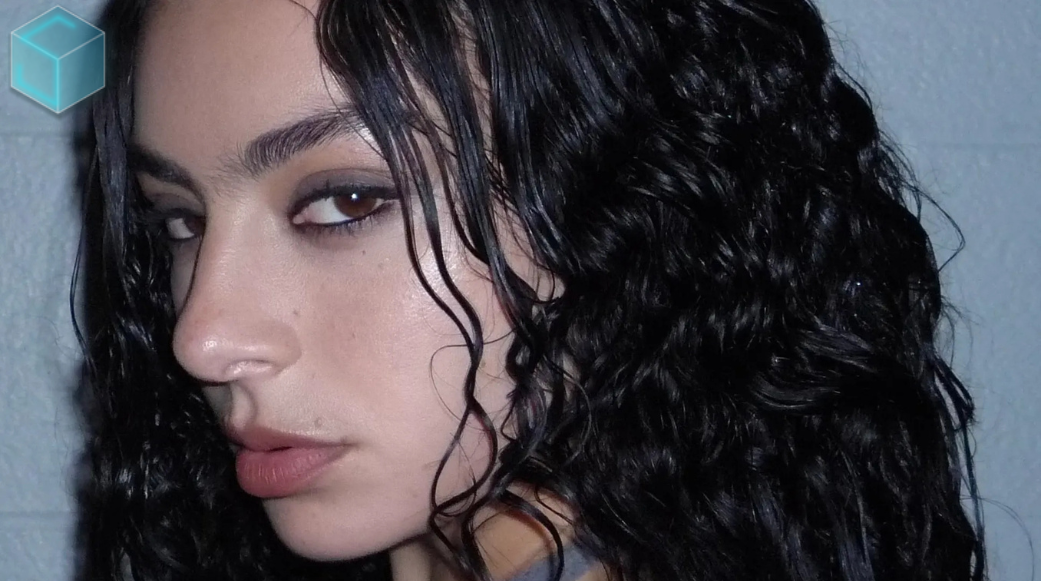
August 19, 2025
Charli XCX brought her groundbreaking Brat era to a poignant close Friday night during an electrifying performance at South Korea's One Universe Festival. The pop innovator marked the final...
Read more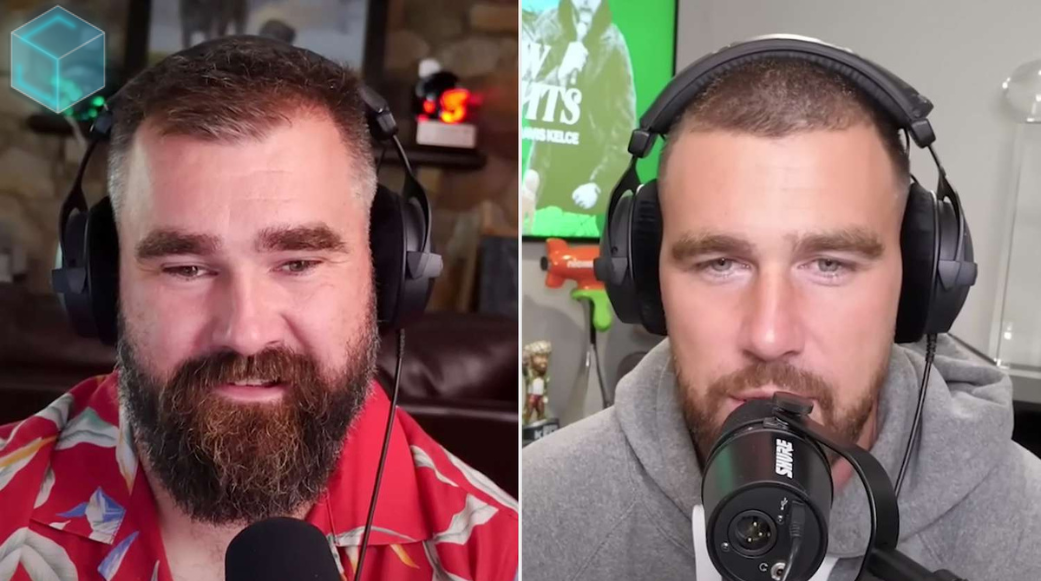
August 19, 2025
Taylor Swift’s appearance on Travis and Jason Kelce’s New Heights podcast drew 1.3M live viewers, breaking YouTube records and sparking buzz with details about her new album The Life of a...
Read more
August 19, 2025
After a six-year silence, Chance the Rapper is officially back. On August 15, 2025, he will drop his sophomore album, Star Line, marking a new chapter filled with growth, travel, and creative...
Read more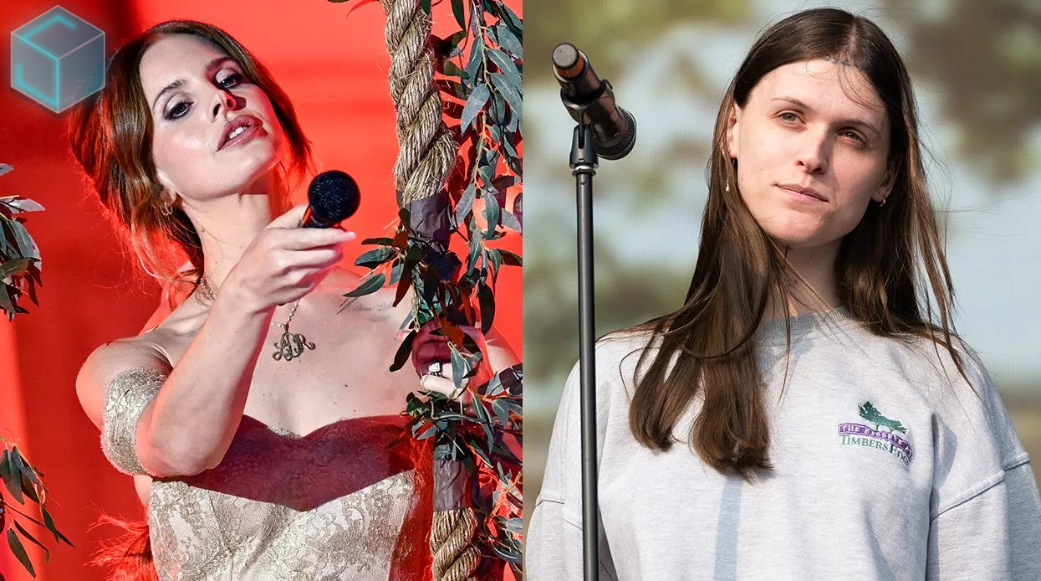
August 19, 2025
Lana Del Rey’s new song takes aim at Ethel Cain, referencing an alleged personal rift involving Instagram posts, a mutual ex, and behind-the-scenes remarks...
Read more.png)
When you're creating music on your own, it can be tough to define your style, especially with so many genres and influences out there. You might feel like you’re trying to piece together a puzzle without knowing what the final picture looks like. Narrowing down your genre can make the process of learning and making music smoother, helping you focus your efforts.
Many famous musicians faced this same struggle, but by experimenting, reflecting on their influences, and honing their craft, they found their sound. Here’s how you can do the same:
Before narrowing down to a specific genre, it’s important to explore different styles and see what resonates with you. Don’t be afraid to experiment across genres to find where your sound naturally fits. Often, your style will emerge organically through trial and error.
What You Can Do:
Example: Childish Gambino (Donald Glover) began his music career experimenting with genres like hip-hop and electronic, but his 2016 album Awaken, My Love! saw him shift to a funk and soul-inspired sound. By trying different styles, he found his unique voice in an unexpected place.
One of the easiest ways to narrow down your genre is to reflect on the music you listen to and admire. What artists and sounds are you naturally drawn to? These preferences can help guide your genre choice.
What You Can Do:
Example: Bruno Mars initially began his career as a producer, but after reflecting on his influences like Prince, Elvis Presley, and Michael Jackson, he found his sound in funk, pop, and R&B. His ability to draw from his idols while maintaining his individuality helped him create chart-topping hits.
Another important step is to listen to the music you’ve already made. Sometimes, your genre might be hiding within the work you’ve already created. Review your past projects with an objective ear and analyze what sound seems to come naturally.
What You Can Do:
Example: Tyler, The Creator often blurs genre lines with his music, but by looking back at his earlier work, he noticed that his sound often blended hip-hop with jazz and R&B. This reflection helped him craft albums like IGOR, which embraced a more refined and focused genre.
Genres aren’t just about technical aspects—they also come from an emotional connection. The genre that resonates with you emotionally is likely the one you’ll excel at the most. Pay attention to how certain music makes you feel and use that as a guide.
What You Can Do:
Example: Adele built her career by tapping into her emotional connection with soul and pop music. Her ability to channel personal experiences into relatable ballads like Someone Like You solidified her place in the pop-soul genre.
Discovering your genre doesn’t have to happen overnight. It’s a journey that can evolve as you grow as a musician. Don’t rush the process—sometimes, your genre will reveal itself over time.
What You Can Do:
Example: Kanye West has famously evolved throughout his career, experimenting with everything from traditional hip-hop on The College Dropout to electronic and experimental sounds on Yeezus. His genre evolution didn’t happen overnight—it grew as his music developed.
Finding your genre is a natural part of the creative process, and it doesn’t have to be rushed. By exploring different styles, reflecting on your influences, analyzing your own music, and following your emotional connection, you’ll gradually discover the genre that fits your sound.
Many famous artists have gone through this same process—experimenting and evolving over time. Like Childish Gambino, Bruno Mars, and Adele, your genre will eventually emerge as you continue to create and hone your craft. Stay open to the journey, and remember that your unique sound may lie in a genre you didn’t initially expect.